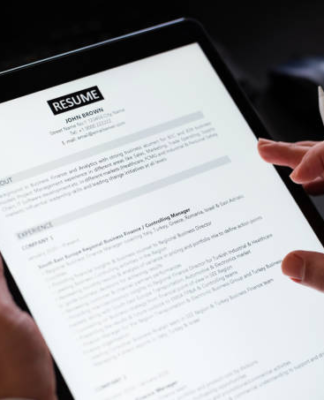Travel insurance is an insurance type that covers losses and costs related to travel. It is essential protection for people travelling abroad or domestically. The insurance covers inconveniences such as personal accidents, destruction of personal belongings, and medical expenses that you do not cause.
Besides, some travel insurance companies’ policies cover damage to rented equipment, e.g., rental cars, personal property, and ransom requests.
Categories of Travel Insurance
The most common categories of travel insurance are:
1. Interruption Coverage or Trip Cancellation
Also known as trip delay insurance, compensate a traveller for nonrefundable, prepaid travel expenses. Insurance companies differ on acceptable interruption and cancelation causes and the amount of compensation available.
The most acceptable reasons for trip cancellation for most insurance companies include the death of an immediate family member, illness, weather-related issues, civil unrest, or unforeseen business conflicts.
However, your trip cancellation coverage will be invalid if you travel to locations you know that have been affected by significant weather events, e.g., earthquakes or hurricanes.
2. Personal Effects and Baggage Coverage
This insurance plan protects stolen, damaged, or lost belongings during a trip. The program may cover travel to and from your destinations. The majority of carriers, for instance, airlines compensate travellers if their luggage is destroyed or lost because of their mistake. However, the amount of compensation may be limited.
The possibility of personal belongings and luggage being stolen, damaged, or lost is a common travel problem. Most insurance plans will pay for the bags after you have drained all other available claims.
3. Major and Short-Term Medical Coverage
The main types of medical travel insurance plans are major and short-term medical coverage. The major medical coverage protects travellers planning to take long trips ranging from six months and above. Depending on the policy chosen, the short-term medical protects travellers from five days to one year.
The medical coverage will assist in locating a doctor, health facilities, medical expenses and help acquire foreign language services. Just like other policies, the coverage will differ by price and provider. Some may cover an extended stay in foreign health facilities, air travel to a health facility, and medical evacuation. It is always essential to read the policy’s provisions before acquiring to see what it covers.
4. Flight Accident and Accidental Death Coverage
If an accident leads to serious injury, disability, or death to the traveller of a member of the family escorting the traveller, flight accident and accidental death policy pay the surviving beneficiary the policy benefits.
Flight accident insurance covers deaths and accidents happening during a flight with a licensed commercial airline. There will be an exclusion if such death is caused by sickness or drug overdose, among other restrictions.
If you have a life insurance policy, accidental death coverage may not be significant. However, the insurance benefits paid may be an addition to the life insurance benefits that will leave the beneficiary with a lot of money.
Buying a Travel Insurance
There are plenty of reputable insurance firms cited by MoneySmart where you can purchase your insurance. According to the comparison site, insurance will differ on factors such as coverage, cost, and exclusions.
Therefore, before purchasing insurance, you should read and understand all disclosure statements. There is a cover for single, multiple, and annual travel. A single trip coverage is suitable for occasional travellers. Multiple coverages shield many trips you take in a year, and the annual cover is for frequent travellers.
The traveller’s premium and insurance durations are based on travellers’ age, type of coverage, the cost of the trip, and destinations.
How Travel Insurance Works
The travel insurance will compensate you for the covered financial losses after your claim is approved. Filling a claim means that you provide evidence of your loss to the insurance company so that they can verify and compensate you for the covered losses.
For example, suppose you purchase a single trip coverage that includes trip cancelation benefits to cover you in an upcoming business event. You experience chest pain and a high fever three days before your departure. Your doctor may advise you to cancel the trip and the business event organisers may not wire a refund.
Without insurance, you will lose all the money you have spent. Luckily, a life-threatening disease can be considered enough reason for trip cancellation, which means you will be compensated your prepaid money.
Final Thoughts
Consider taking travel insurance now to cover yourself against loss or damage of baggage, trip cancellation, overseas medical expenses, among others. Visit the top-rated insurance comparison sites to get the best deals.














